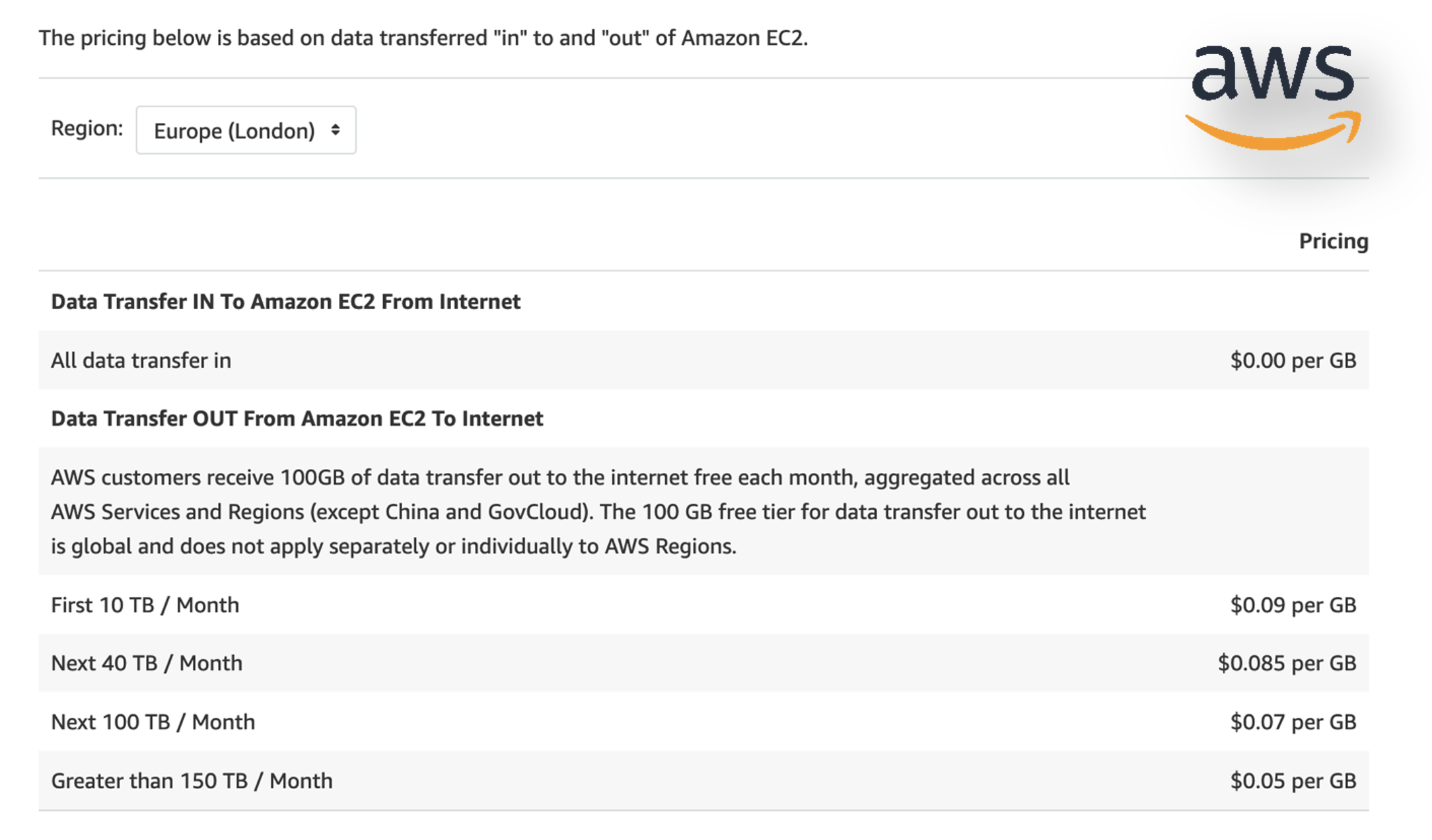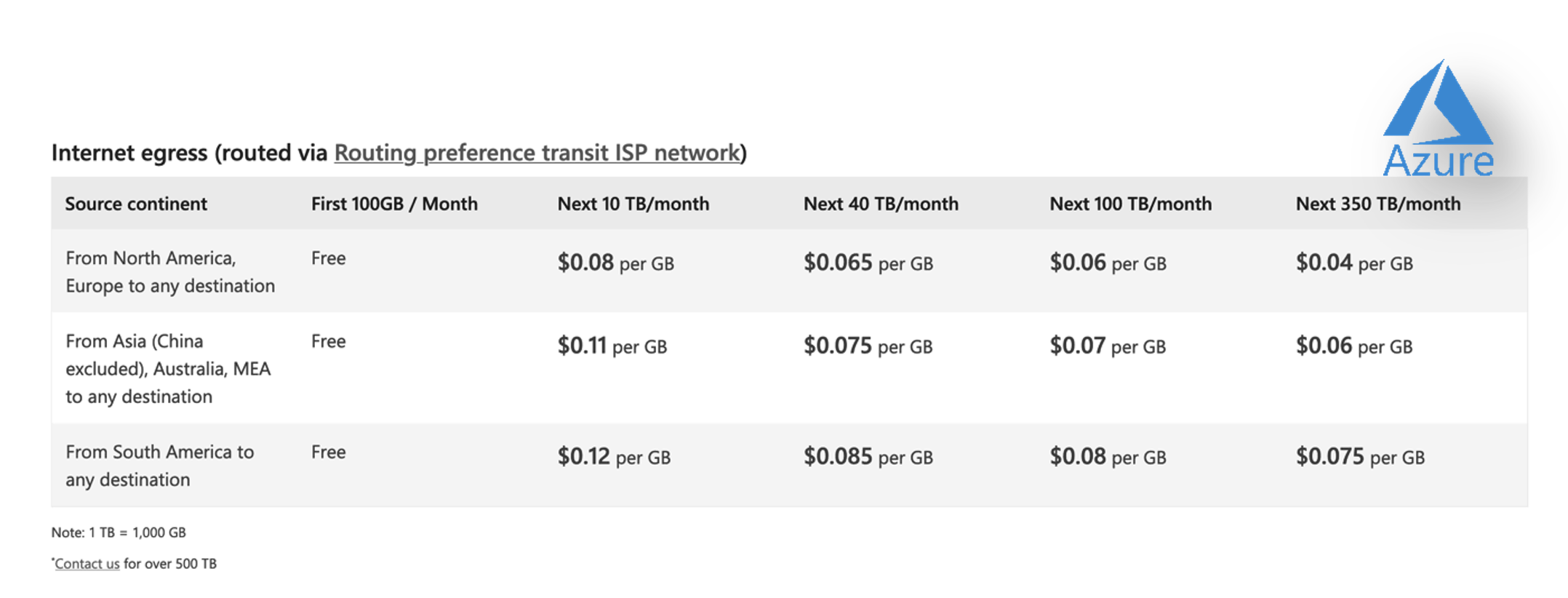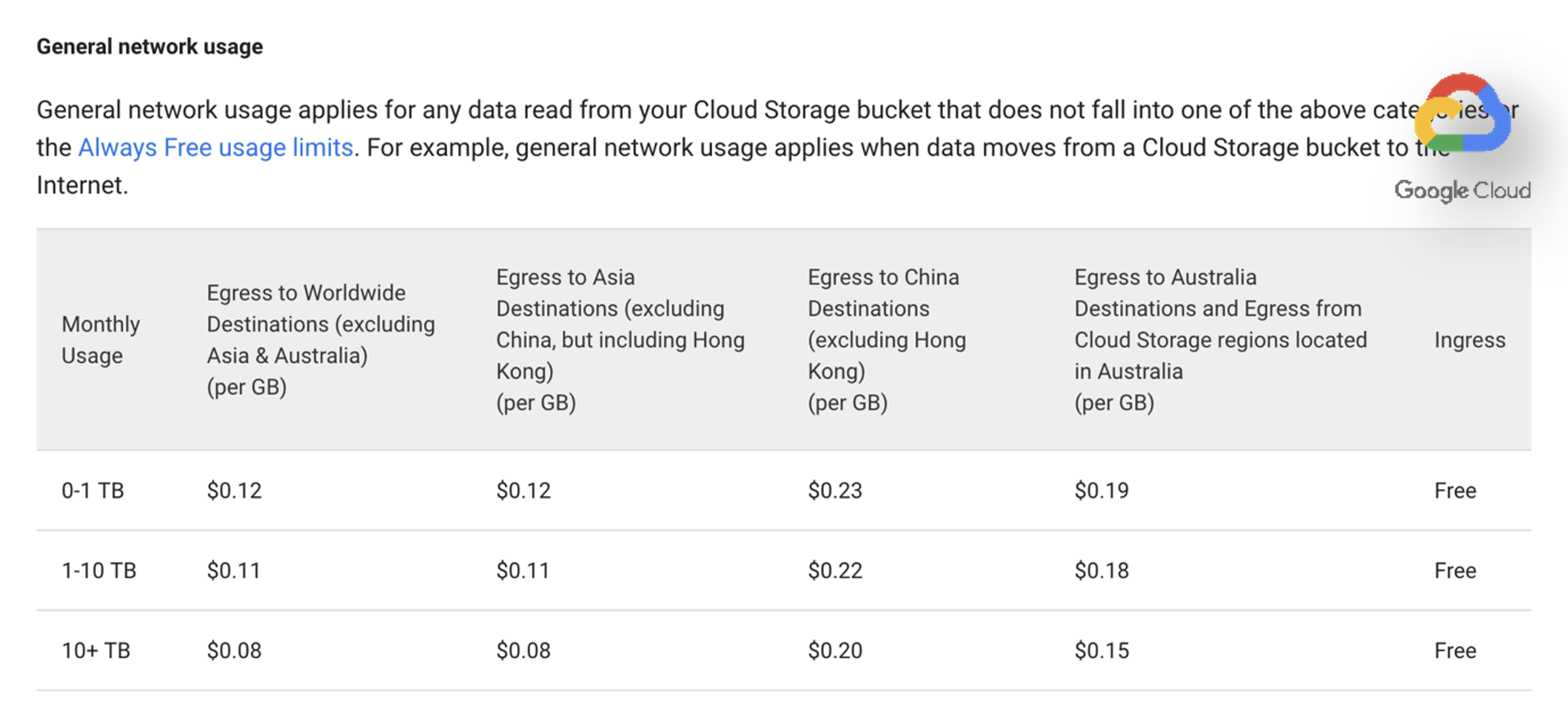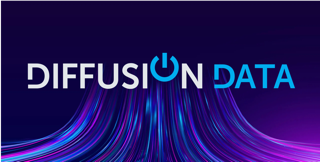One more option to optimise cloud cost
July 27, 2023 | Andrey Nikishin
In the ever-evolving landscape of cloud technology, the competition among top cloud service providers continues to drive down prices for storage and computation, delivering substantial cost advantages to businesses relying on cloud-based solutions. However, it is essential not to overlook a crucial aspect of Total Cost of Ownership (TCO) – data transfer costs.

For modern businesses, data is akin to the lifeblood that fuels and lubricates progress and growth. The significance of data cannot be overstated, as companies heavily depend on it to thrive. With concepts like the Internet of Things (IoT), Industrial IoT, market data, and remote telemetry, the volume of data sent and consumed is experiencing unprecedented growth. As businesses expand to meet demand and extend their reach to broader markets, scaling up cloud infrastructure becomes imperative. Consequently, more data is exchanged between applications and edge devices. Unlike on-premise infrastructure, data transfer in the cloud incurs charges, making it vital for enterprises to optimise these costs and reduce overall operational expenditures (OPeX).
Within this article, we conduct a comprehensive analysis of data transfer costs across the leading cloud service providers, including AWS, Azure, and Google. Surprisingly, despite the passage of several years, the cost of data transfer has remained consistent across these platforms:

Figure 1: https://aws.amazon.com/ec2/pricing/on-demand/

Figure 2: https://azure.microsoft.com/en-gb/pricing/details/bandwidth/

Figure 3: https://cloud.google.com/storage/pricing#network-egress
Back-of-an-Envelope Calculation:
Allow me to illustrate a few examples to emphasise the potential impact of underestimating data transfer costs on the Total Cost of Ownership (TCO). Consider a medium-sized company with 1000 employees utilising a security access tracking solution. Whenever an employee employs a wireless pass to gain access to specific premises, the access request is transmitted to the cloud. In response, the security solution sends back a verdict to either grant or deny access. Let’s perform a swift calculation: If you have 1,000 clients receiving an average of 5 x 90-byte messages per second, you will pay about $97 per month. The exact sum depends on your cloud provider and the location of the data centre you use.
| No Clients | Messages per second | Size of a message (byte) | Throughput per month, GB | Transfer cost per GB | Cost per month |
| 1,000 | 5 | 90 | 1,086.29 | $0.09 | $97.77 |
Real life example
You might be tempted to dismiss the previous example as inconsequential due to the small amount of money spent on data transfer. However, allow me to present another case that sheds light on the significant impact of data transfer costs.
One of our esteemed clients operates as a leading provider of statistics-driven sports data in North and South American markets, holding a unique position within the eGaming industry by offering intelligent line management integrated with a play-facing front end. Data management and distribution are at the heart of their gaming operations. Initially, their products relied on polling mechanisms, but this approach fell short of meeting the demands of real-time applications.
The client made a profound transition by adopting Diffusion Cloud. In a remarkable display of its capabilities, they processed a staggering 14 billion messages on average through Diffusion Cloud within just one month of production. The total throughput was about 16 TB of outgoing data. This example underscores the considerable significance of data transfer costs and how they can profoundly impact a company’s operations and expenses.
| No of messages
(Millions) |
Size of a message (KB) | Throughput per month (TB) | Transfer cost per GB | Cost per month |
| 14,000 | 1.2 | 16.6 | $0.09 | $1,490.30* |
* The exact sum depends on your cloud provider and the location of the data centre you use.
As evident from this instance, the cost of data transfer experienced a significant surge, raising concerns for growing mid-sized businesses like our valued customer. At DiffusionData, we place a strong emphasis on understanding and addressing the cost implications of our services for our esteemed clientele.

In line with this commitment, we proudly offer the innovative Diffusion Delta Streaming technology, which empowers our customers to make considerable savings on data transfer expenses. The Delta Streaming technology excels in reducing the size of structural data, such as stock exchange data, market data, or sports statistics data. By enabling Delta Streaming, the actual volume of data sent can be substantially decreased, with some instances showcasing compression rates of up to 90%.
In the specific example mentioned earlier, the achieved compression rate was approximately 85%, leading to remarkable cost savings for our customer. Thanks to this technology, they were able to save up to $1200 per month on data transfer expenses. This exemplifies our dedication to providing cost-effective solutions that truly benefit our clients’ bottom line.
| No of messages (Millions) | Size of a message (byte) | Throughput per month | Transfer cost per GB | Cost per month | |
| Without Delta Streaming | 14,000 | 1270 | 16,558.92 GB | $0.09 | $1,490.30* |
| With Delta Streaming | 14,000 | 1270 | 2,483.84 GB | $0.09 | $223.55* |
Conclusion
As time passes, these costs can amass to have a notable impact. Each business possesses distinctive attributes, encompassing factors such as the frequency of transmitting a substantial volume of messages daily and dealing with larger message sizes. The key lesson to draw from this is that businesses can proactively reduce operational expenses by minimising the size of transmitted messages.
Enterprises are continually in pursuit of avenues to optimise their expenditures, and in doing so, they recognise the immense potential for achieving substantial savings through this practice. Promoting a reduction in transmitted data not only benefits businesses in terms of cost optimization but also contributes positively to climate change initiatives. Embracing advanced solutions like the Diffusion Data Platform empowers industries to bolster their Environmental, Social, and Governance (ESG) credentials, while simultaneously propelling efficiency to attain their sustainability objectives. By proactively adopting such measures, organizations can make meaningful strides towards a greener and more environmentally responsible future. By prioritising efficient message transmission, businesses can not only effectively streamline their operations and drive significant cost efficiencies but also help to combat climate change.
Further reading

BLOG
The Game-Changer: Change Data Capture (CDC)
March 17, 2025
Read More about The Game-Changer: Change Data Capture (CDC)/span>

BLOG
React PubSub using Diffusion Websocket Server
July 08, 2024
Read More about React PubSub using Diffusion Websocket Server/span>

BLOG
How Real-Time Data Powers Sportsbooks During the Super Bowl
February 03, 2025
Read More about How Real-Time Data Powers Sportsbooks During the Super Bowl/span>







